SUMMARY
This is AI generated summarization, which may have errors. For context, always refer to the full article.
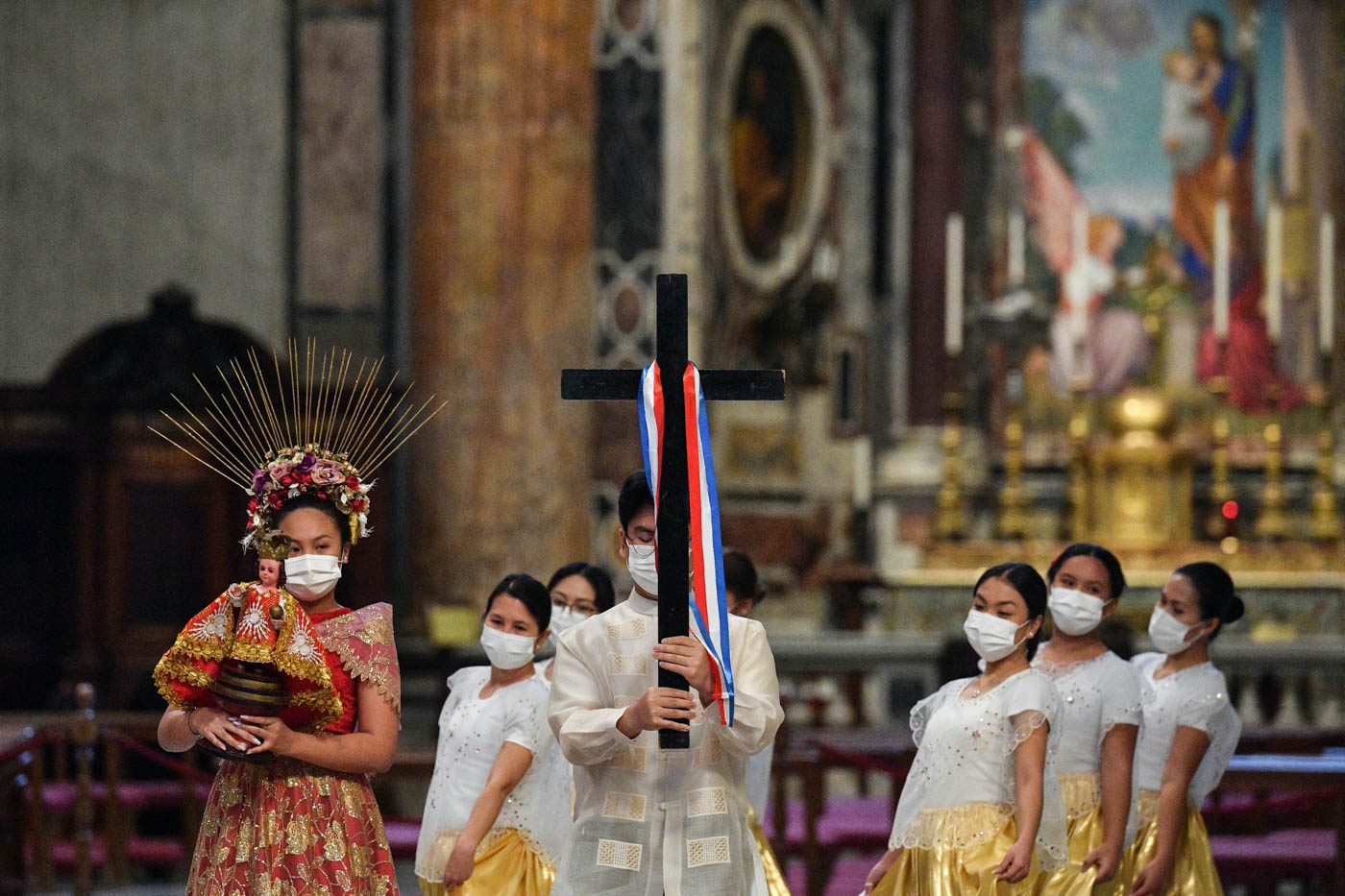
Colonialism might have been the way Spain introduced Christianity to the Philippines, but through faith Filipinos learned to reject the “cross of oppression” for the “the true cross of liberty,” the country’s Catholic bishops said.
In a rare move, the Catholic Bishops’ Conference of the Philippines (CBCP) on Tuesday, March 23, sought to address the colonial roots of the Christian faith in the Philippines, a raging topic online as the country marks 500 years of Christianity on its shores.
“The treasure of the Christian faith came to us through the earthen vessel that was Spain and its own unique brand of Christianity in the 16th century, which was both noble and ignoble, sublime and treacherous, missionary and imperialistic,” said CBCP president Davao Archbishop Romulo Valles in a pastoral letter.
“We found the reason to throw away this cross of oppression precisely because we embraced the true cross of liberty, the cross of redemption, the cross of God’s unconditional love, the cross that gives us human beings our true dignity as sons and daughters of God,” the archbishop wrote.

National commemorations began last week in Homonhon Island, Eastern Samar, where Ferdinand Magellan and his crew first encountered Filipinos’ ancestors 5 centuries ago. History would remember their journey as the first circumnavigation of the globe.
Critics, however, have questioned the quincentennial celebrations of Magellan’s voyage and Christianity’s arrival, which ushered in centuries of colonial rule that repressed indigenous cultures and plundered the nation’s rich natural resources.
President Rodrigo Duterte himself seemed not too keen in marking the celebrations.
“I’ll celebrate the start of the subjugation of my country for (sic) 400 years? You must be kidding. I celebrate the day when the heroes of my country were slaughtered?” Duterte told his friend Pastor Apollo Quiboloy in 2019.
As President, Duterte would then lead the government’s own quincentennial celebrations. In his speech at Guiuan, Eastern Samar on March 18, he urged Filipinos to learn from our ancestors and protect the country’s sovereignty.
While Filipinos received the faith from “flawed” individuals and “mercenaries” such as Magellan and his crew, Valles said it is still a gift worthy of gratitude, and that should be shared to others as well.
“But the fact that we continued to embrace the Christian faith even after we rejected colonial rule must mean that our ancestors did not equate Christianity with the treacherous economic and political agenda of the colonists. At some point, the faith that we had embraced was no longer alien to us. It had succeeded in taking root on the fertile ground of our innate spirituality as a people, with our own unique gifts and charisms from the one Spirit that we received at baptism,” the archbishop wrote.
“We therefore look back and say to ourselves, despite all the pain that we have had to go through, we will forever be grateful for this cross. After all, we received the Christian faith as a gift, not from Spain, but from God – albeit through these flawed but well-meaning Christians from Spain and Portugal,” he said.
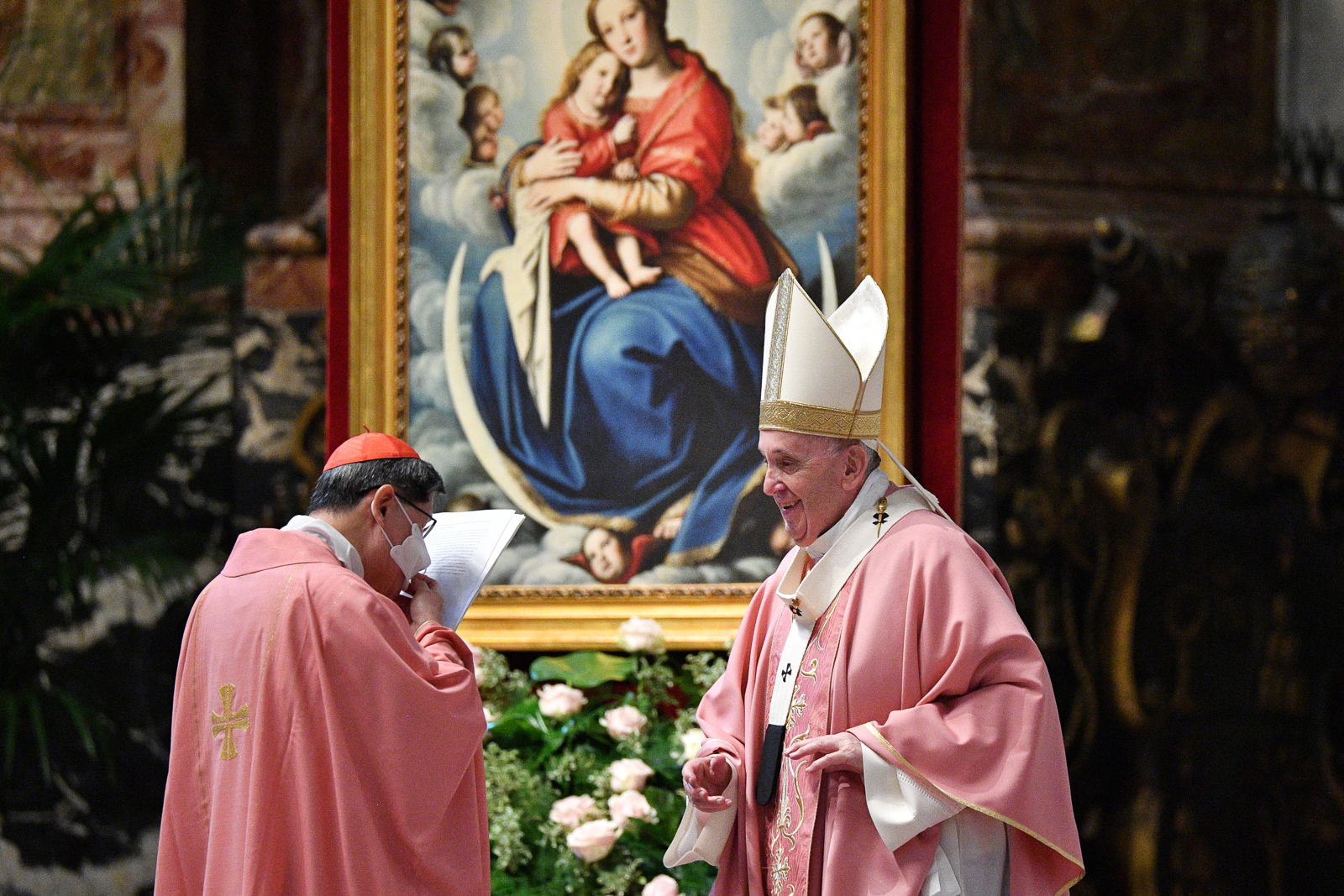
In an opinion piece for Rappler, social science teacher Michael Anjielo Tabuyan echoed similar thoughts, saying Christianity is a “nuanced gift” to the Philippines.
Tabuyan argued that, based on history, “the same religion that was accused of being an enabler of colonization was also claimed by Filipinos themselves as one of their tools towards the attainment of freedom.”
“The same Christian faith that produced the archetypes of Damaso and Salvi also produced Domingo de Salazar (the first Bishop of Manila who reported to the King of Spain the incidents of abuses against the indios), Pedro Pelaez, the Gomburza, and Gregorio Aglipay, who even had an active role in the formation of Asia’s first democracy, the First Philippine Republic, in 1898,” Tabuyan wrote.
“The Church that was tagged by some intellectuals as a reactionary institution also nurtured radicals such as Conrado Balweg, Carlos Tayag, Ed Dela Torre, and Luis Jalandoni. The same institution accused by some as complicit to abuses also produced human rights advocates, i.e. Sr. Christine Tan, Antonio Fortich, Julio Labayen, Federico Escaler, Felix Perez, Francisco Claver, and Joaquin Bernas,” he added. – Rappler.com
Add a comment
How does this make you feel?
![[OPINION] No, we shouldn’t celebrate 500 years of Christianity in our country](https://www.rappler.com/tachyon/2021/03/imho-dont-celebrate-500yr-christianity.jpg?fit=449%2C449)
![[OPINION] Christianity in the Philippines: A nuanced gift](https://www.rappler.com/tachyon/2021/03/imho-a-nuanced-gift.jpg?fit=449%2C449)
![[Judgment Call] Is Rappler an ‘enabler’ of Catholic ‘copycats’?](https://www.rappler.com/tachyon/2024/04/catholics-copycats-april-18-2024.jpg?resize=257%2C257&crop=418px%2C0px%2C1080px%2C1080px)
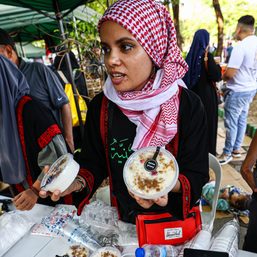
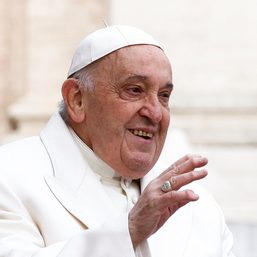
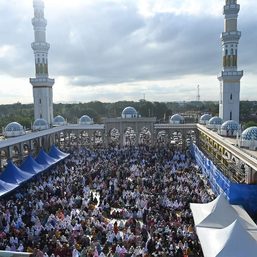
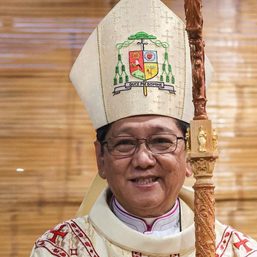

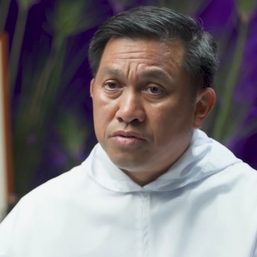
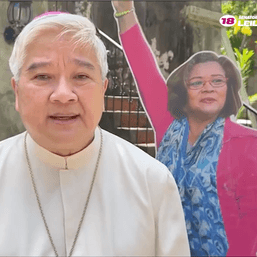
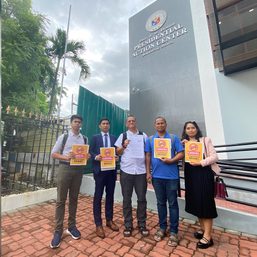
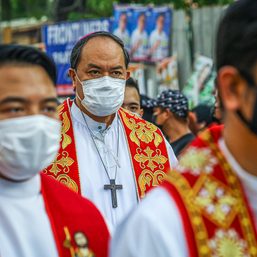
There are no comments yet. Add your comment to start the conversation.